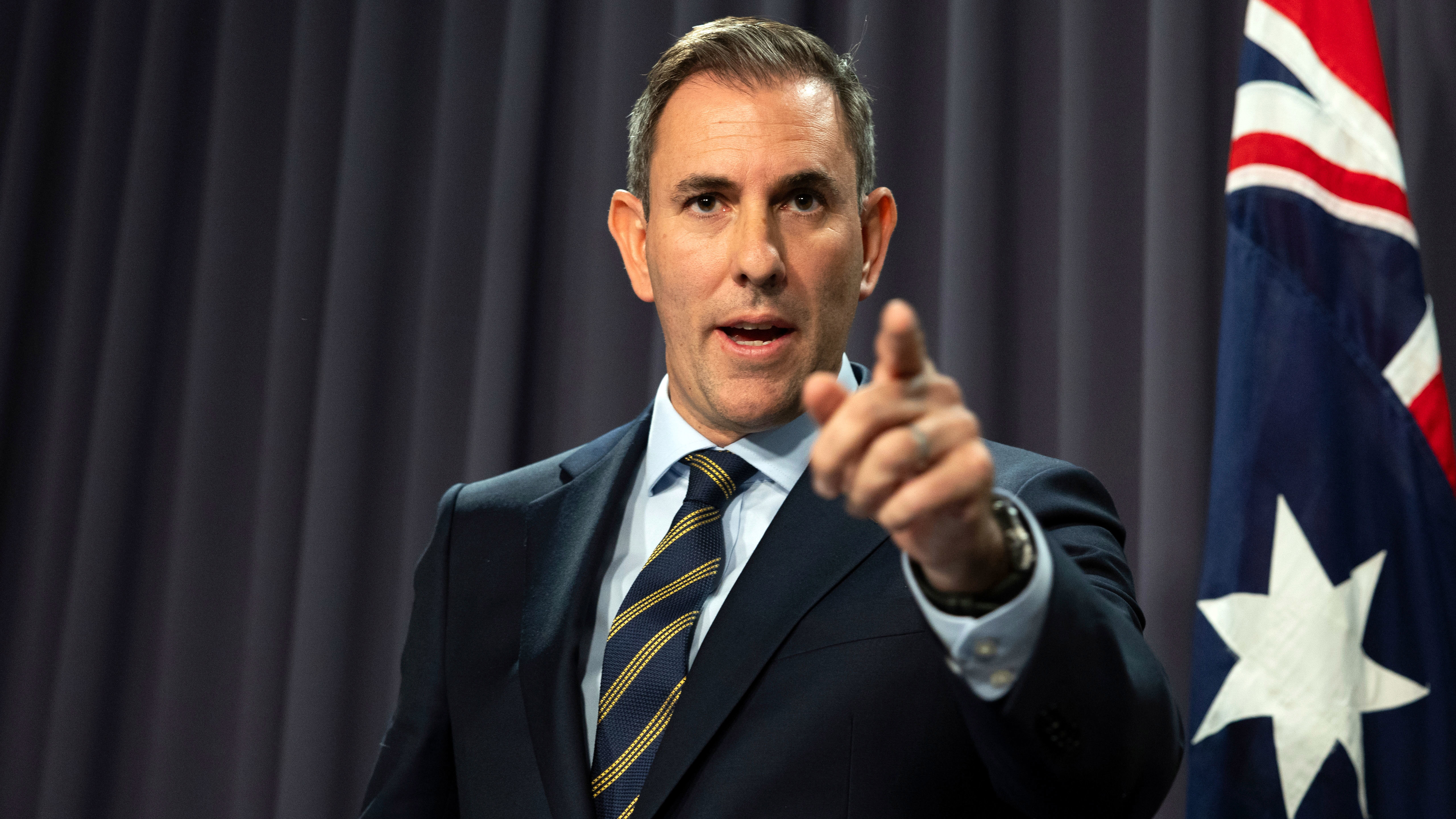Years after they were first announced, and months after they were significantly reworked, the stage 3 tax cuts are finally about to come into effect.
Unlike other tax cuts though, these ones won't hit your bank account in one lump sum after you've done your tax return. Instead, you'll start benefitting from the moment you get your first pay slip in July.
Here's how they'll work, and how much you'll benefit.
READ MORE: Registered agents aren't stopping landlords' dodgy tax returns
How will I receive my stage 3 tax cut?
There's a bit of a misconception out there that stage 3 tax cuts will give people a bigger tax return at the end of each financial year.
While that was how the recently ended low- and middle-income tax offset worked, the stage 3 cuts are entirely different.
By changing Australia's tax brackets, they reduce how much tax everyone pays on their income.
READ MORE: The 'sophisticated' messages costing Aussies $15.5 million
For the vast majority of taxpayers, that means instead of getting a big, juicy tax return once a year, you'll lose less of your income to the tax man and get to take home more of your pay each week, fortnight or month.
It's essentially a pay rise you didn't have to ask for.
READ MORE: Little-known air con rule that can get you fined
How much of a tax cut will I get?
The government says the average tax cut will be $1888 per year – about $36 per week – but the exact amount will vary from person to person, depending on how much you earn.
Someone earning $18,000 won't get a cut, as no one pays tax on the first $18,200 they earn.
Those on the minimum wage, which for 52 weeks of work will be $47,626 as of July 1, will get an $870 cut over the course of the year, or just under $16.70 per week.
READ MORE: Australia's love affair with big cars is killing us
The cuts get more significant the higher someone's salary is.
Someone earning $100,000 will have an extra $42 to spend or save every week, while anyone on $190,000 will get $87 each week, or $4529 per year.
It's worth noting these are just estimates based on federal government data – your exact tax cut could be different due to tax offsets, the Medicare levy and other financial circumstances.
The information provided on this website is general in nature only and does not constitute personal financial advice. The information has been prepared without taking into account your personal objectives, financial situation or needs. Before acting on any information on this website you should consider the appropriateness of the information having regard to your objectives, financial situation and needs.





